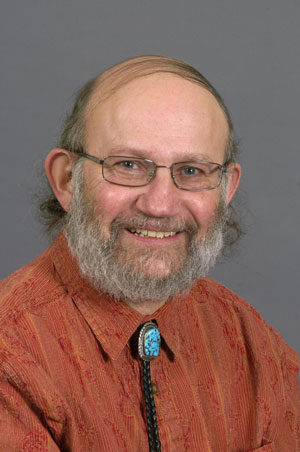Faculty Profile
Robert Boyle
Professor of Physics and Astronomy (1981)Contact Information
Tome Scientific Building
717-245-1415
Bio
Major research interests involve infrared astronomy, studies of old stellar systems, and variable stars. His teaching activities include introductory physics, introductory astronomy, theoretical physics, and a variety of other topics in physics and astrophysics.
Education
- B.A., Princeton University, 1971
- M.Phil., Yale University, 1976
- Ph.D., 1981
2025-2026 Academic Year
Fall 2025
FYSM 100 First-Year Seminar
The First-Year Seminar (FYS) introduces students to Dickinson as a "community of inquiry" by developing habits of mind essential to liberal learning. Through the study of a compelling issue or broad topic chosen by their faculty member, students will:
- Critically analyze information and ideas
- Examine issues from multiple perspectives
- Discuss, debate and defend ideas, including one's own views, with clarity and reason
- Develop discernment, facility and ethical responsibility in using information, and
- Create clear academic writing
The small group seminar format of this course promotes discussion and interaction among students and their professor. In addition, the professor serves as students' initial academic advisor. This course does not duplicate in content any other course in the curriculum and may not be used to fulfill any other graduation requirement.
PHYS 141 Physics for the Life Sciences
Introductory, non-calculus physics, principally for life science and pre-med students. Topics include mechanics, fluid dynamics, thermodynamics. Three one-hour lectures and one three-hour lab per week. Because of the similarity in course content, students will not receive graduation credit for both 131 and 141.
Spring 2026
PHYS 142 Physics for the Life Sciences
Introductory, non-calculus physics, principally for life science and pre-med students. Topics include acoustics, optics, electricity, magnetism, and modern physics. Three one-hour lectures and one three-hour lab per week. Because of the similarity in course content, students will not receive graduation credit for both 132 and 142. Prerequisite: 141 or 131.
